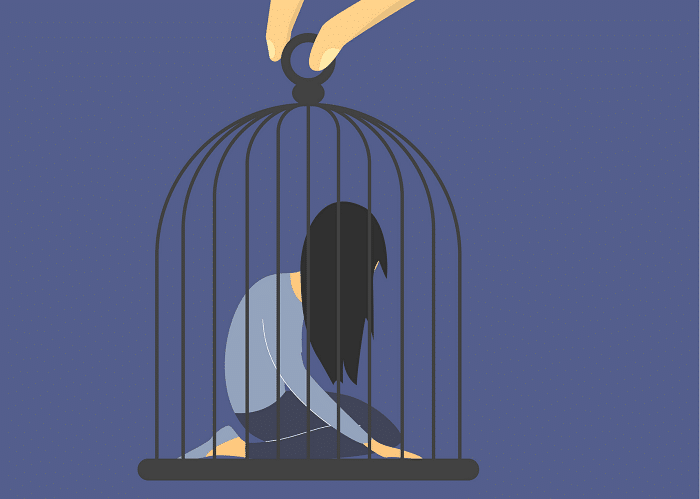It is no secret that there’s a lot of stigma that surrounds mental health. But, it’s time to break that stigma and start talking about a condition that affects 1 in 5 Americans.
So, why is it that don’t people want to talk about mental health anyways? Most of us aren’t hesitant to a physical condition like a broken arm or heart disease with anyone.
The truth is, stigma prevents people from seeking help for a condition that’s 100% treatable. And, with treatment, many people can not only have a better quality of life, they can completely overcome their struggles.
Just to put it in perspective, 44,193 Americans die by suicide each year, costing the United States 51 billion dollars annually. Sadly, 90% of those who lost their lives by suicide had a diagnosable mental health condition. With support and treatment many of those deaths were preventable.
But, what is that stigma really all about? Why are people so afraid to reach out for help?
Fear of Judgment
Fear of judgment often prevents people from talking about their mental health issues. Many people are afraid that they will be looked at as weak or alienated by their friends, professionals, or family. The reality is that mental health issues are common, so no one is really suffering alone unless they remain silent.
For instance, a new mother may not want to step forward and talk about postpartum depression because she feels people will look at her differently or judge her as a parent. But in reality, between 11-20% of all new mothers will experience postpartum depression. If this new mother spoke up and reached out for support, chances are that other people she knows would have also experienced this condition and could relate to her experience.
Fear of Consequences
Many people are afraid to discuss their mental health issues because of fear of consequences. People may be afraid that they will lose friends, lose their jobs, have their children removed, be treated differently, be disempowered, or a host of other negative consequences.
The truth is that many people who experience mental health issues excel in school, receive higher education degrees, have many friends, have successful careers, and are great parents. Fear of consequences can prevent many children and adults from seeking the support that they need to help them thrive.
Shame
Due to stigma many people feel shame or embarrassment about their mental health condition. We’re bombarded by negative images of people with mental illness on the news and on social media.
The truth is that some of the most famous, creative, and intelligent people in history have suffered from mental health conditions, including: Albert Einstein, Abraham Lincoln, Charles Darwin, Jim Carrey, Robin Williams, Carri Fisher, and Vincent van Gogh just to name a few.
More so, 72% of entrepreneurs are affected by mental illness. In fact, there is a great deal of research that suggests a strong link between mental health conditions and high intelligence. And, for those who do struggle, many say that mental illness is what gave them their creative edge.
Sadly, feelings of shame inhibit many from seeking support for their mental health conditions. But, mental illness is quite common, often easily treatable, and may even serve as a strength for some.
It’s time to move past stigma, and bring the conversation above water!
Want More?
If you enjoyed this article, check out the rest of our blog today and make sure to follow us at Youth Dynamics of Montana and People of Youth Dynamics on Facebook.



